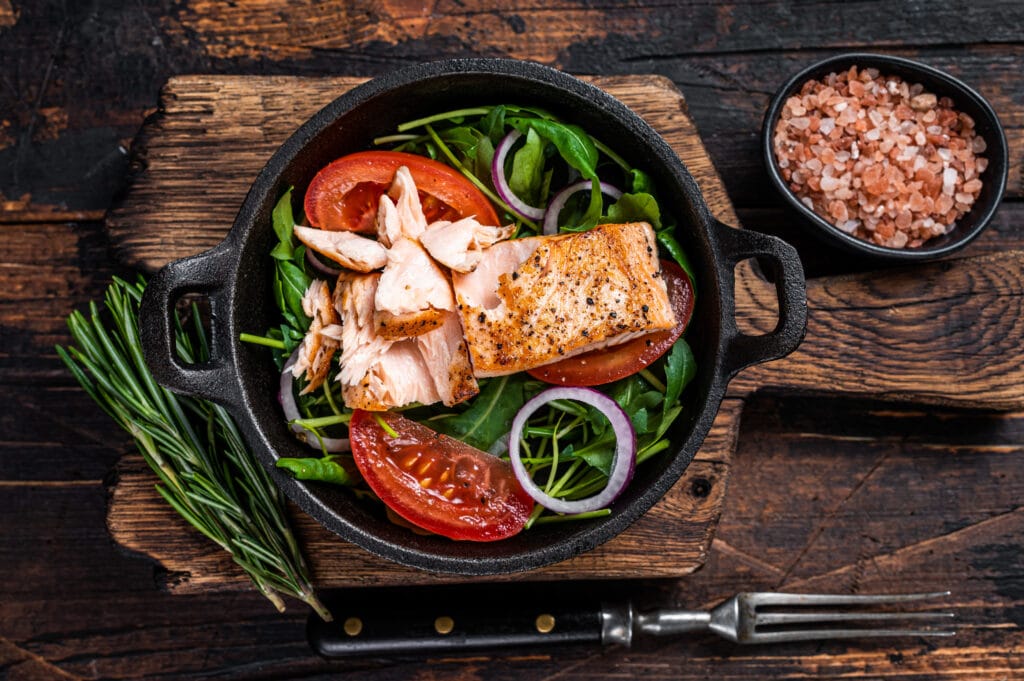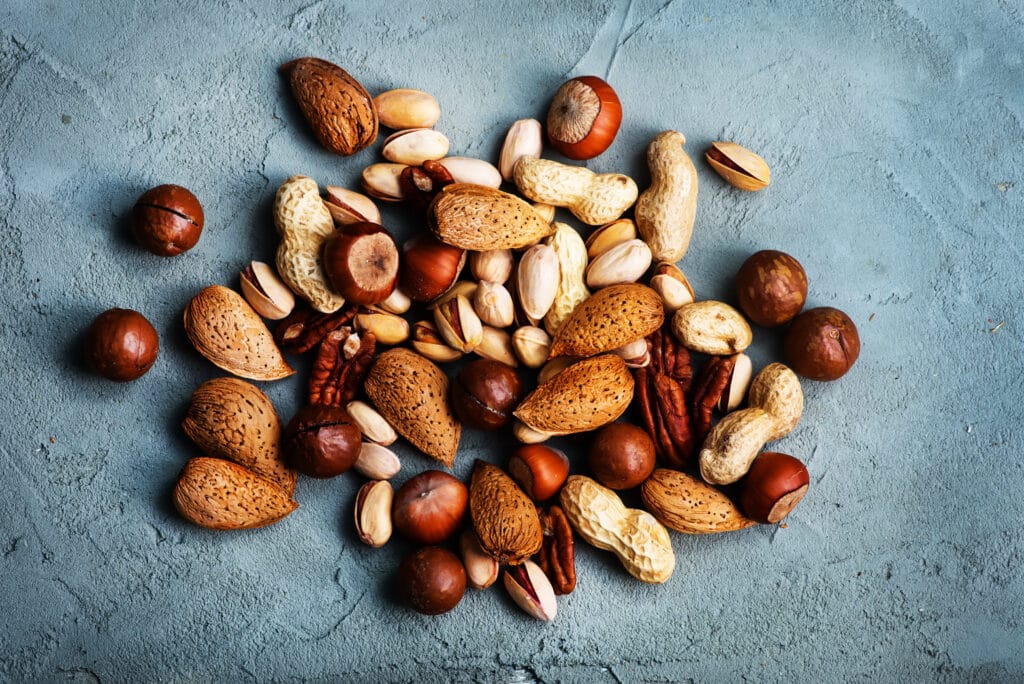Same topic
Topic “Bone and joint pain in the elderly” with you to learn the content.
Together to bring better healthcare solutions to the elderly.
-
Falls in the elderly
-
Weight loss regimen to prevent osteoarthritis?
-
Suitable diet for elderly with osteoporosis
-
Exercise regimen for people with osteoarthritis
-
How to take care of bones and joints for the elderly
-
Risk factors for osteoarthritis in the elderly
-
Weak Bones | Warning Signs and Diagnosis
-
Osteoarthritis, things not to be missed
-
Osteoporosis and what you need to know
-
Common musculoskeletal diseases
Weight loss to prevent osteoarthritis is essential for the elderly with the increasing rate of osteoarthritis in Vietnam.
Taking the initiative to have a suitable weight loss regimen for a healthy body is something everyone needs to pay attention to. However, not everyone is familiar with making a nutritional menu, monitoring weight...Hio is currently providing services home care Help create nutritional menus and monitor the condition of the elderly.
Weight affect the severity of osteoarthritis
Many studies have shown that weight affects the severity of the disease. osteoarthritis – a common form of arthritis. People who bag knee arthritis, hip arthritis showed associations with obesity, fibromyalgia, polymyalgia, spinal disc herniation
New research on osteoarthritis presented at the European League of Leagues of Associations for Rheumatology (EULAR) meeting has found links between osteoarthritis and other diseases, as well as with obesity levels and body mass index (BMI).
Studies of BMI reduction have shown a slowing of the incidence and progression of osteoarthritis in the knee, and the risk of knee replacement.
Weight loss has been shown to be effective in reducing pain and improving quality of life in people with knee osteoarthritis. Reducing BMI has been shown to prevent, delay, or reverse structural deterioration in knee osteoarthritis.
Good diet for osteoarthritis
Many people find that making changes to their diet can help reduce osteoarthritis symptoms, including pain, stiffness and swelling.
Therefore, following a balanced and nutritious diet can help prevent further damage to the joints such as:
Reduce inflammation and prevent damage
A balanced, nutritious diet will provide your body with the tools it needs to prevent damage to your joints.
Lower cholesterol
People with osteoarthritis often have high blood cholesterol, and lowering cholesterol can improve symptoms of the disease.

By following the right diet, people can quickly improve their cholesterol levels.
Maintain a healthy weight
Being overweight can put extra pressure on your joints, and excess body fat can cause more inflammation. Maintaining a healthy weight can help reduce the symptoms of osteoarthritis.
Some foods you should eat
Specific foods in the diet can strengthen bones, muscles, joints and help the body fight inflammation and disease.
Oily fish
Salmon is rich in omega-3 fatty acids, which have anti-inflammatory properties. People with osteoarthritis should eat at least one portion of oily fish each week. Oily fish is rich in omega-3 fatty acids, polyunsaturated fats that have anti-inflammatory properties.

Therefore they may be beneficial for people with osteoarthritis.
People with osteoarthritis should eat at least one portion of oily fish each week such as sardines, mackerel, salmon, tuna, etc.
If you don't like eating fish, you can take supplements containing omega-3s, such as fish oil, krill oil or flaxseed oil instead.
Other oils
In addition to fish oil, several other oils can reduce inflammation. Extra virgin olive oil is high in oleocanthal, which may have properties similar to nonsteroidal anti-inflammatory drugs (NSAIDs). Avocado oil is also a healthy choice and may also help lower cholesterol.
Dark green leafy vegetables
Dark green leafy vegetables are rich in vitamin D and antioxidants and phytochemicals that fight stress. Vitamin D is needed for calcium absorption and can also boost the immune system, helping the body fight infection.
Dark green leafy vegetables like spinach, kale…
Broccoli
Broccoli contains a compound called sulforaphane, which researchers believe may slow the progression of osteoarthritis. The vegetable is also rich in vitamins K and C, as well as bone-strengthening calcium.
Green tea
Polyphenols are antioxidants that experts believe may reduce inflammation and slow cartilage damage. Green tea contains high levels of polyphenols.
Garlic
Scientists believe that a compound called diallyl disulfide found in garlic may work against enzymes in the body that damage cartilage.
Nuts
Nuts are high in calcium, magnesium, zinc, vitamin E, and fiber. They also contain alpha-linolenic acid (ALA), which helps boost the immune system.

Foods to limit
Road
Processed sugars can promote the release of cytokines, which act as inflammatory “messengers” in the body. These include soda, sweet tea, flavored coffees, and some fruit juice drinks, which are more likely to exacerbate inflammation.
Saturated fat
Foods high in saturated fat, such as pizza and red meat, can cause inflammation in fatty tissue and increase the risk of developing obesity, heart disease and other conditions, not to mention possibly making osteoarthritis worse.
Refined carbohydrates
Refined carbohydrates like white bread, white rice, and potato chips promote the production of advanced glycation end products (AGEs). These can stimulate inflammatory responses in the body.
source suckhoedoisong.vn
Are you looking for home or facility-based care?
Hio is a pioneering platform providing comprehensive and personalized elderly care services at home and medical facilities. No additional costs, change caregivers without additional costs, immediate refund if customers are not satisfied, care information is continuously updated to ensure peace of mind for families.




